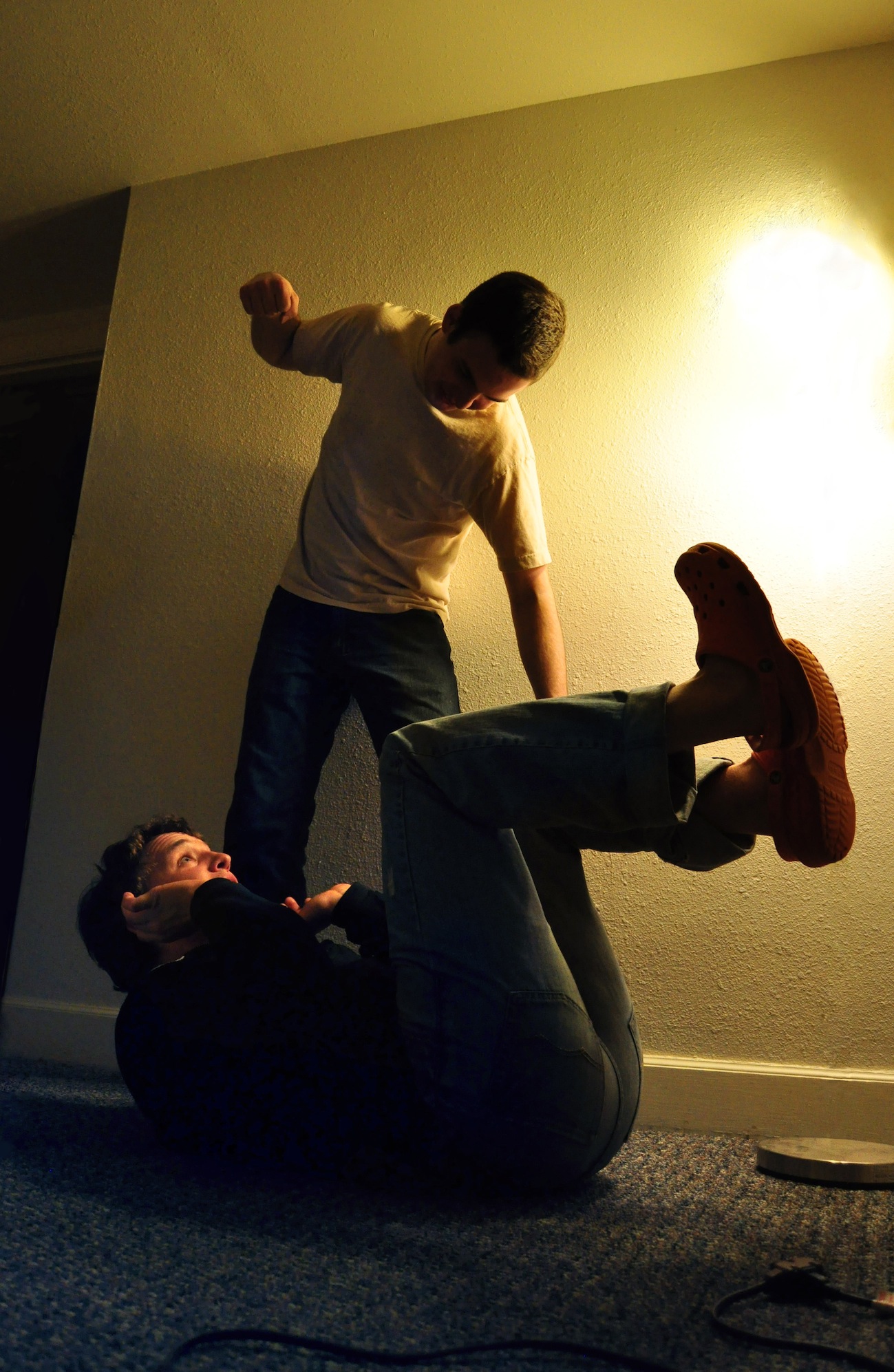
We’ve all been screwed by “the system.” At least by some variation of it, at some point in our lives; we’ve all been through high school, most of us have had a job and we all know what it feels like to be above or below somebody else, to feel powerful or powerless within a hierarchical structure.
Many hierarchies within our society are highly functional and conducive to fulfilling the purpose of a system—such as corporate management and the judicial system. However, social hierarchies that we encounter in our daily life both on and off campus serve no such purpose, at least not effectively.
The term social hierarchy refers to the invisible but understood structure that makes people more or less socially powerful than others. A socially powerful person is one who dominates public spaces with their presence, and this process is often oiled by an aura or practice of intimidation and exclusivity.
In fact, social hierarchies actually destroy or hinder the most important aspects of social life—the formation of relationships, their functionality and individual well-being. Without this type of hierarchy there would be less unnecessary drama, stress and pressure in our everyday lives. Virtually everyone’s well-being would improve, even that of those situated on the higher rungs of the social ladder.
Here at Puget Sound, status seems to increase with grade, with prestige of major and with group affiliation. Just like high school, many students attempt to gain social capital of their own by banding together with other students of higher status. And just like in high school, this sometimes leads to tension and awkwardness between individuals of different groups. Even those with “higher” status can feel that tension and awkwardness and are limited by it in their ability to form new, rewarding friendships with different kinds of people.
I thought we were all done with that nonsense. Upon first coming to Puget Sound, I was awed and impressed by how everyone interacted with each other. People were courteous and friendly all around, people of all sorts hung out with people of all other sorts and there was an overwhelming sense of peace and excitement at exploring others’ perspectives. It was a curious extrovert’s nirvana and it filled my heart with joy.
In high school, most of us operated under a system of social capitalism: a nasty competition for resources that led to a social dominance hierarchy, the resources being friends and connections that led to higher status. When I came to college, I felt relieved. Finally, we were all just a bunch of developed humans sitting on the same blue planet and looking for personal happiness—one collective social class.
Puget Sound does a great job of dissolving the desire to fit into a specific clique, and that is what makes our community so tight-knit and functional—not what some sociologists suggest, which is that hierarchies like the one described above maintain social order.
The greater sense of peace and desire to contribute to a community that in itself strives to fulfill the social aspects of every human’s needs, from self-esteem to self-fulfillment, maintain order just fine, if not better. This is a direct result of everyone being comfortable with each other and satisfied by interpersonal interactions.
The fact that anyone here can have the friends and connections that other groups feel the need to compete for is what maintains the student body’s morale and sense of pride—an absence of social capitalism in favor of simply sharing things of universal value: love, consideration, affection, appreciation and courtesy. Having a broad and diverse pool of opportunities to share these values, that is not exclusive to only a certain kind of person or persons affiliated with a certain group, means everybody can win.
However, that first wave of excitement at all the possibilities for happiness and growth within this flattened-out type of social system is slowly crashing back down to reality. One can definitely still see evidence of loose, but nonetheless destructive, social hierarchies within our student community.
Upperclassmen mock awkward new freshmen; fraternities compete for popularity; clumps of similarly-dressed young adults wander about, seemingly always together and never fraternizing with the rest of the population.
There is nothing wrong with having a close group of friends. However, hanging out with them exclusively can narrow one’s mind and ultimately leave one feeling powerless to change and play with his or her fledging identity instead of empowered—not to mention the rest of the world doesn’t get to reap the joy of his or her friendship as well!
Having and striving for high status can actually contradict personal happiness. The pressure of having to maintain it is often cause for drama, intense personal stress and can lead to feelings of failure and low self-esteem. It can even distract from what one really ultimately wants to get out of the college experience and life in general. What’s the point? Why roll like that if we don’t have to, and if a more open, compassionate, and sympathetic social system works better for everyone?
So Puget Sound, keep up the good work. Try not to resort back to a hierarchical system of social capitalism, which we know from experience to be petty and flawed. Stick to a system brimming with potential for real satisfaction, personal fulfillment and stability through peace instead of pointless stratification.
Your polar opposite or aggressive rival could be your soul-best-friend–maybe you both love coffee, intoxicated heart-to-hearts, dancing or anything else despite your differences. Try asking–everyone values a good time and good company!
